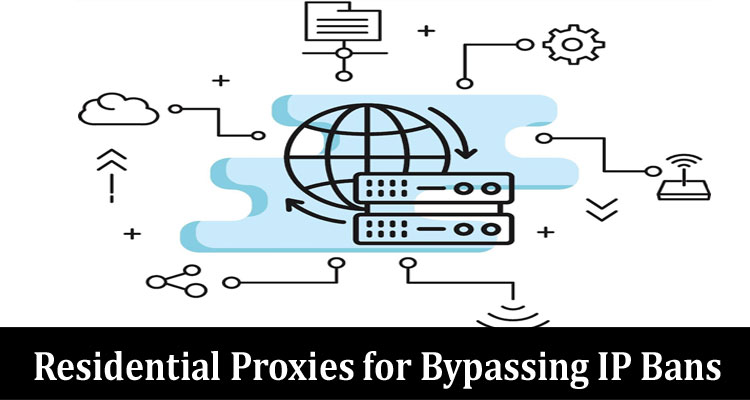The increased popularity of web scraping coupled with the ever-growing threats of cyberattacks such as Distributed Denial of Service (DDoS), credential stuffing, and brute force attacks have forced website owners to implement preventative measures. This has seen them implement techniques such as rate limiting, CAPTCHA codes, and IP bans. Aimed at preventing the dedication of system resources to unnecessary and non-important functions, which can ultimately lead to exhaustion, these techniques are highly effective.
Unfortunately, they can impede operations that bear a lot of significance to the success of other businesses. For instance, by preventing web scraping, which is the automated process of extracting data from websites using bots known as web scrapers, businesses cannot collect data on the number of competitors and products in the market.
This data, when analyzed, can offer insights on the right time to launch a product and at which price point, ultimately leading to potential success. Against this backdrop, therefore, you can use tools such as residential proxies to bypass IP bans and rate limiting.
Residential Proxies
A residential proxy is a type of proxy that falls in the proxy-by-IP-address category. Thus, before detailing what a residential proxy is, let’s first define the term proxy. A proxy is an intermediary or gateway that prevents direct communication between a user’s computer and a web server by routing internet traffic through itself. Next, it sends the outgoing web requests to the web server while simultaneously sending to the computer or web browser the responses from the server.
In some cases, the intermediary also hides the user’s computer’s real IP address and instead assigns a different IP address. This operation helps anonymize the browsing by erasing information that can be tied to the user, such as the location and internet service provider (ISP).
When the assigned IP address is affiliated with a home ISP, then that proxy is known as a residential proxy. Similarly, if the assigned IP is associated with a data center, it is known as a datacenter proxy. It is regarded as a mobile proxy when it assigns mobile IP addresses that belong to mobile service providers.
In addition to assigning IP addresses that belong to home internet providers, residential proxies route traffic through real users’ personal computers rather than data center servers. On the other hand, datacenter proxies channel the internet traffic through data center servers, while mobile proxies pass the traffic through mobile devices.
How Residential Proxies Prevent IP Bans
Residential proxies legitimize a connection by affiliating it with real users, even when the requests originate from bots. Usually, websites that receive requests routed through this proxy type cannot determine whether bots or humans have sent them.
And even when there are some characteristics of bot activity, the server may not ban or block the IP address because of the lack of certainty on the entity behind the requests. After all, residential IP addresses are primarily used by human users, who are connected to the internet via their home ISPs. In this regard, residential proxies prevent IP bans.
In contrast, datacenter IP addresses, which are used by cloud storage companies, are cheaper and easier to acquire. They are, therefore, frequently used by people looking to hide their real IP addresses as they execute malicious activities. As a result, and due to this association with malicious actions, web servers are always suspicious of datacenter IPs, and they almost always link them to bot activity. Thus, datacenter proxies are flagged and blocked more frequently than residential proxies.
How to Use Residential Proxies to Prevent Rate Limiting
Rate limiting refers to the regulation of network traffic by either throttling the number of requests that can reach the server or temporarily blocking access to safeguard a server’s performance. It is worth pointing out that rate limiting does not run on the web server. Instead, it runs within an application programming interface (API).
This practice works by capping the number of requests that should originate from the same IP address. Therefore, it typically entails monitoring the IP addresses and the time between requests. This is where residential proxies, particularly rotating ones, come in.
A rotating residential proxy periodically changes the assigned IP address. In this way, it always ensures that the number of requests from each IP address is kept at a minimum, thus avoiding rate limiting.
Benefits of Residential Proxies for Businesses
By preventing IP bans and bypassing rate limits, residential proxies are used in the following ways:
- Web scraping
- Anonymous browsing
- Ad verification
- Accessing geo-blocked content
- Brand protection and review monitoring
- Search engine optimization (SEO) audits, which entail using crawlers alongside the residential proxy to identify SEO issues in a website
- Social media management
Conclusion
Residential proxies are a crucial addition to any business. They are integral to operations such as web scraping, ad verification, review monitoring, SEO auditing, and social media management, just to mention a few. Central to their utility is their ability to bypass IP bans and rate limits.


